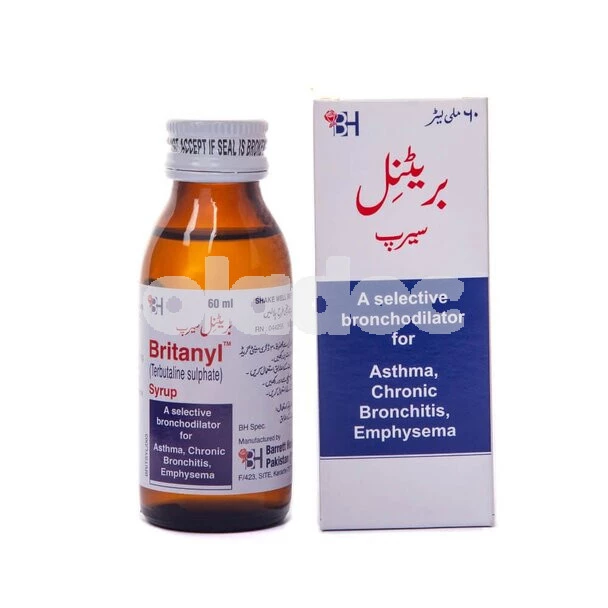Age-related macular degeneration and cataracts are often the results of inflammation and oxidation in the eyes, which in turn, is caused by a deficiency in lutein, zeaxanthin, vitamins A, C and E, beta-carotene, omega-3 fatty acids, and zinc.
While most are naturally produced by the body, incorporating the following foods into your diet can boost your uptake of these eye-friendly nutrients, ensuring that you do not join the 25 million people worldwide who are diagnosed with chronic eye diseases:
1- Leafy Green Vegetables:
Vegetables in this category, such as kale, spinach, and broccoli, contain an abundance of Lutein and Zeaxanthin (whose intake relies solely on food sources, as they are not produced by the body), which are essential for good eye health. While both act as natural sunscreens by protecting the eyes from harmful UV rays, Lutein also reduces the risk of age-related macular degeneration by forming blue light wave-filtering pigments in the eye.
In addition, Kale and broccoli contain beta-carotene and vitamins, making them doubly advantageous for good eye health. Aim to incorporate 1 cup of kale, broccoli or spinach into your diet for the recommended daily requirement.
2- Eggs:
In addition to lutein and zeaxanthin, egg yolks contain vitamin A, zinc and omega-3. While both vitamin A and zinc improve night vision, Vitamin A protects the cornea (the surface of the eye), hence reducing the chances of dry eyes, whereas zinc safeguards the retina (the back of the eye).
3- Oranges:
Oranges are rich in vitamin C, that helps in the regeneration of other important antioxidants, such as vitamin E, along with improving the health of eye tissue and defending it against age-related eye diseases. Other sources of vitamin C include grapefruits, lemons, and berries.
4- Fish:
The high omega-3 content has numerous health benefits, including the eye. It reduces inflammation and protects against dry eyes, macular degeneration, and cataracts. Eating fish on a regular basis also contributes towards visual development, along with maintaining retinal health and protecting blood vessels in the eyes. However, opt for wild-caught fish, as farm-raised ones have more saturated fats and lower amounts of omega-3.
5- Almonds:
Almonds contain vast stores of vitamin E. In addition to slowing the progression of cataracts by protecting the eye cells from oxidation, this multi-beneficial vitamin also minimizes the risk of age-related macular degeneration. However, since almonds have a high-fat content, 1-2 servings (about 23 almonds per serving) a day is recommended. Other sources of vitamin E are hazelnuts, peanuts and sunflower seeds that also contain zinc.
6- Legumes:
These widely available pulses are good sources of bioflavonoids, which maintain blood in the capillary walls, hence reducing the risk for macular degeneration. Zinc, on the other hand, can prevent against cataracts by providing retinal protection.
7- Dairy:
Where vitamin A in dairy products such as cheese, milk, and yogurt, provides a protective shield for the cornea, zinc helps in the transport of said vitamin to the eyes from the liver. It also helps prevent night blindness and cataracts.
8- Carrots:
While they can’t improve vision defects, beta-carotene in carrots can help prevent them in the first place by protecting the eyes’ surface and preventing eye infections. Moreover, the vitamins A, C, and E help reduce the impact of cataracts and age-related macular degeneration.
Eat one carrot a day, either raw or cooked to reap this portable snack’s eye-health benefits. It is also advised to cook carrots in olive oil, as this makes it easier for the body to absorb their nutrients by breaking down their thick cell walls.
While a healthy diet is necessary, adopting preventative lifestyle changes is also imperative to ensure optimum lifelong eye performance. However, if you observe any changes in your vision, consult a doctor immediately.
Here at oladoc, you can find best Ophthalmologist in Islamabad, Peshawar, Karachi and book confirmed appointments. Moreover, you can also call our helpline at 042-3890-0939 and seek an appointment with an eye specialist near you.






